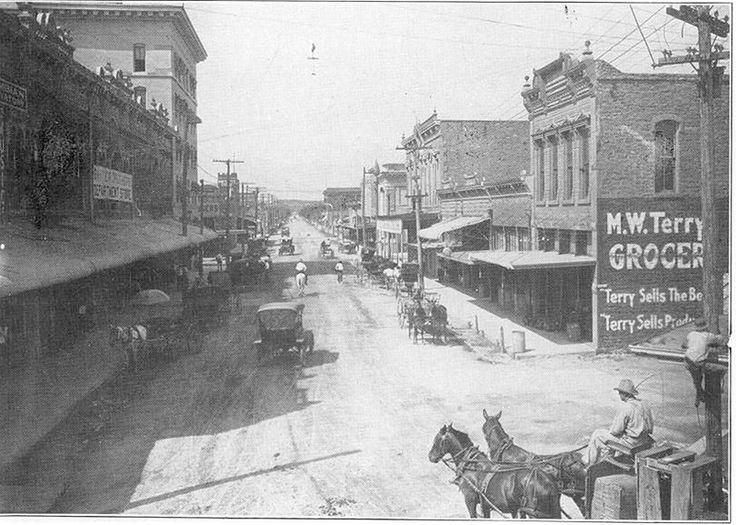
One of the things people may not know about time travel is that when you get back your watch is always wrong.
You have to capture them on the first line, they say. So, there you go.
Watches don’t do well, and that’s something you should know. Lots of dangers and in and outs and whatnots but pay attention to your timepieces and don’t make a mistake.
First, you need to only wear an analog watch, so you don’t get caught and burned or hung as a witch. Second, make certain that your watch isn’t going to gather too much attention. Sometimes when you get where you’re going, someone will ask you what time it is. Never tell them. You put the watch next to your ear, shake your head and then tap it a few times and say “this ol’ thing has been actin’ up. I got to get her fixed.” That’ll save you from making a mistake. Oh, and also… don’t do the thing people do in the movies. Don’t say “Hey friend, what year is this?” Don’t do that. It never goes well after that.
I digress. But your analog watch will be wrong when you get back. Sometimes it’s five or six minutes wrong and sometimes it’s an hour or so. I can’t explain why it is that way, but I can tell you that it is.
My coworker behind the bar is starting to suspect something.
“Why is your watch always wrong? Is that the same watch as last time?”
“Umm. It’s an automatic and I forgot to set it,” I say. Her eyes narrow in doubt.
I always forget to reset my watch when I get back. Anyway, that is something to know, and you should make a note of it for when I tell you how to time travel.
On this day I step out of the basement stairs onto Baker Street, and it is 1917. The roads are dirt in 1917, but when I get there because it has been raining for a good long time. The water runs muddy along the curbing, and I step under the bank awning because it has started to sprinkle again. Someone has set planks across the road, and I watch as a lady navigates the planks, pulling a young boy along behind her as she makes her way toward the bank. The boy is watching the mud and not where he’s going and several times he steps off the plank, sinking to the ankle of his boot. Mom yanks him back up on the plank and they finally make it to the sidewalk where I’m standing. I tip my hat and she nods and pulls Junior into the bank, mud and all.
When a car comes by (and there are a few automobiles,) people appear on both sides of the street and they pull the planks out of the road and then place them back after the vehicle has passed. The autos do well in the mud with their thin “pizza cutter” tires, but they are in ruts and the machines bounce and jostle as they make their way down the road. The horses just step over the planks.
The sprinkling lessens and I walk up and around the corner onto Center Avenue. Looking up I notice that some of the tenants above the bank have put awnings over the windows to keep out the sun when it shines. It also allows them to have the windows open when it is rainy. Like now.
Awnings are a big thing in 1917 and looking south down Center you notice that it is much different from now. Every storefront has an awning, and I like the look of it. People today have no idea how buildings were kept cool before air-conditioning. The awnings served double duty. They allowed the public to walk the sidewalks while staying out of the hot sun and the rain. And they kept the buildings remarkably cooler. Now that we have had over 80 years of ubiquitous air-conditioning, modern man doesn’t understand the dynamics of airflow, keeping buildings cool, etc. On the backs of these buildings in the 2020s, most of the windows have been bricked up to increase the “efficiency” of the air-conditioning units. It’s all silly. When I have suggested to business owners downtown that they ought to install the awnings again, they just look at me like I’m crazy. Awnings make the buildings look more inviting and make it more comfortable to walk downtown. Fredericksburg has gotten this right. Brownwood… not so much.
Man, I keep digressing.
Coming down Center I see a horse team pulling a heavy-laden wagon. There are wooden crates and stacks of lumber tied down tight and piled high on the wagon and the man who is driving the wagon is trying to keep the horses pulling and to keep the wagon wheels in the ruts. It’s hard work. I notice that the horses have to all pull together. When one stops, everything stops, and it is much harder to get going again.
Here in 1917, I look across the street and there is a cool grocery store and people are gathered under the awning watching the wagon moving slowly down toward Austin Street and beyond. Those buildings are all gone today. The whole block. The kind of brutalist city building is on that block now. Next door to the bank – attached actually, there is a department store. That store is gone now too. It’s a parking lot. I guess the point is that business is hard. Making it takes a lot of applied force, traction, and forward movement.
And that’s really what I’m saying, and it applies to today. Downtown Brownwood is really a team of Mom and Pops. The chains and corporate-owned places are mostly up on the highway, so the Mom and Pops downtown really rely on everyone working together to keep the momentum going. This includes the city as well. Sometimes it seems like everyone is excited about the growth and movement and expansion of downtown, and then at other times, it seems like some of the horses have quit pulling. Everything grinds to a halt. It would be nice if everyone was pulling together and working together, even if sometimes it feels like you’re in a rut.
Here’s how you can help. Pick a day that is good for you and on that day you and your family should come downtown. Eat. Shop. Walk. Have fun. Thursdays are slow downtown, so maybe come down on Thursday and have a meal. Buy a book. Shop a little. The city can help too, I reckon. Maybe get folks together and talk about what everyone can do to get people coming downtown.
Keep pulling.
Working together won’t make your watch work right, but that’s a topic for another time. I’m back and it’s Sunday and I have the day off. I’ll make my way over to the Red Wagon for breakfast at some point. Gotta keep pulling.
***
Michael Bunker is a local columnist for BrownwoodNews.com whose columns appear periodically on the website.
